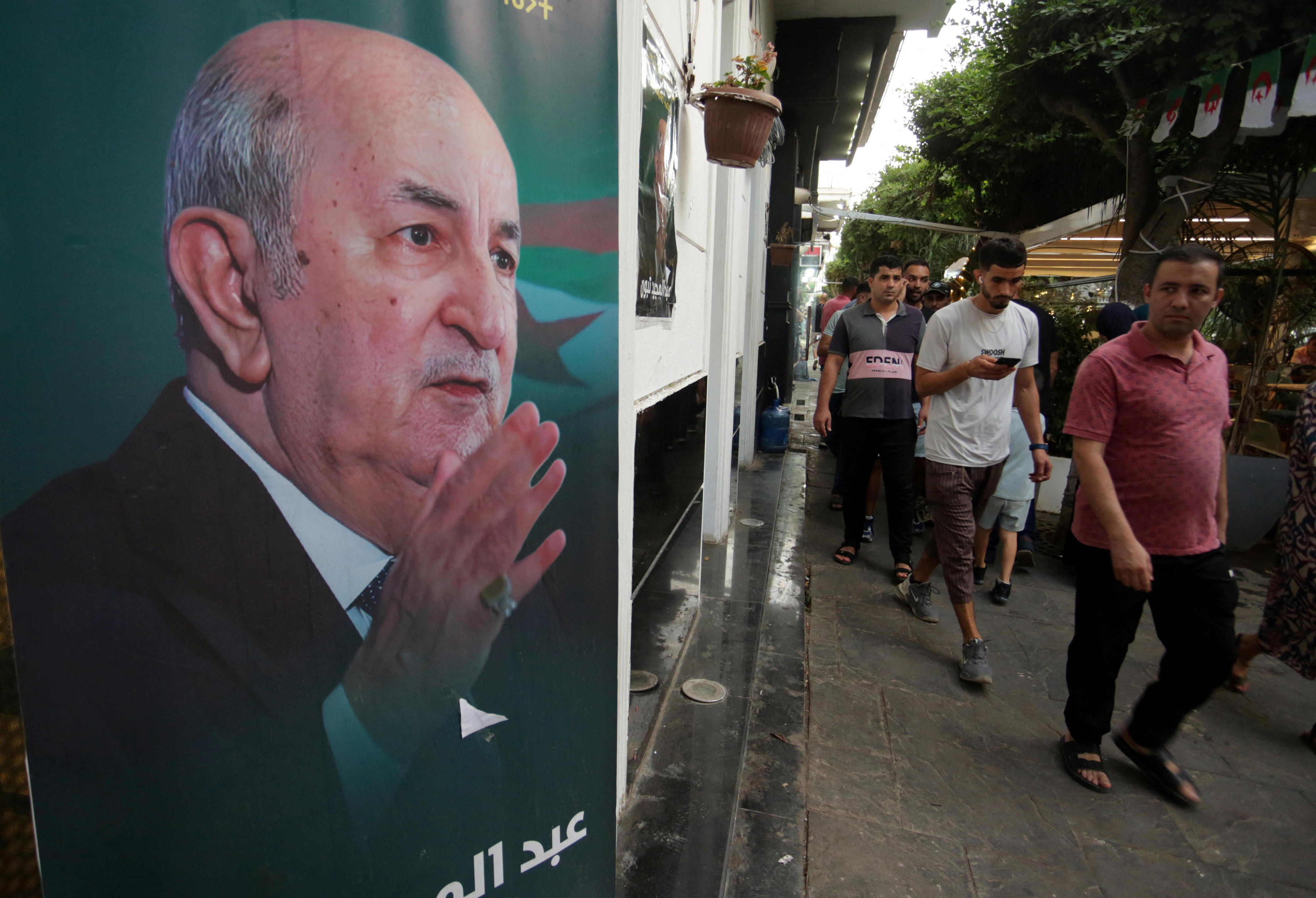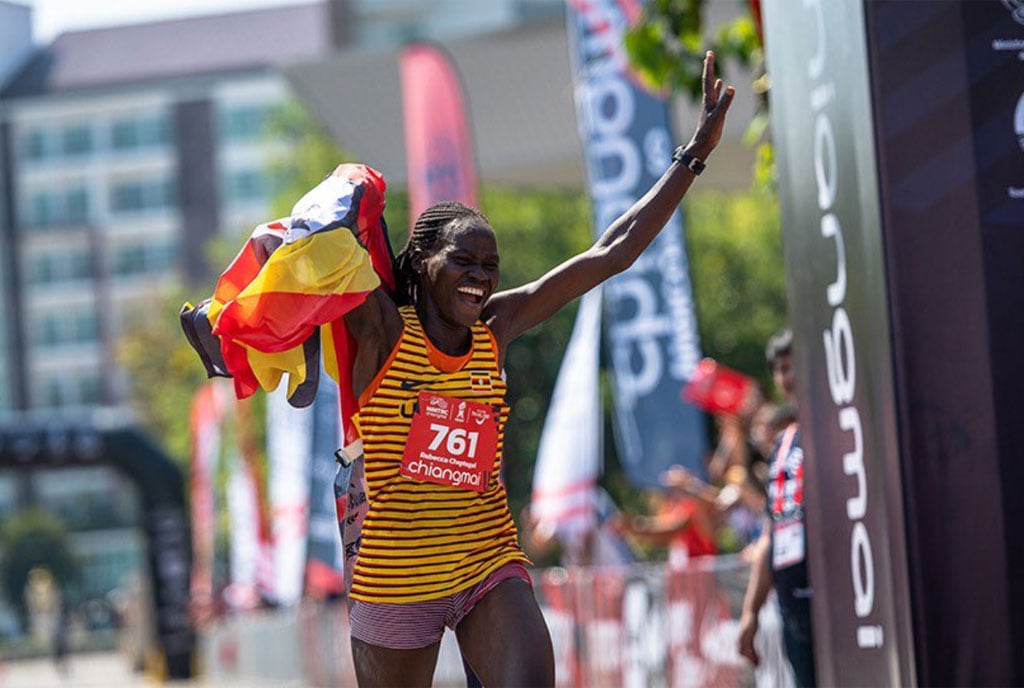Prime
Is Uganda a happy nation?

Revellers at the Nyege Nyege Festival last year. Uganda ranks 113th out of 137 most happy countries in the world, according to World Happiness Report 2023. Photo/Gabriel Buule
What you need to know:
- Finland scored an impressive 7.80 out of 10. Afghanistan stayed bottom after mustering a paltry 1.8. On her part, Uganda managed 4.4.
Are Ugandans a happy lot? An international study that considered 137 countries, with Finland topping the overall happiness league table for a sixth straight year and Afghanistan bringing up the rear, has Uganda placing 113th.
The World Happiness Report 2023, while sizing up life evaluations in 2020-2022, marked out Gross Domestic Product (GDP) per capita, social support, healthy life expectancy, freedom to make life choices, and generosity as main drivers of happiness.
Finland scored an impressive 7.80 out of 10. Afghanistan stayed bottom after mustering a paltry 1.8. On her part, Uganda managed 4.4.
With some Fins suggesting that the world is better served, describing their state as “contentment” rather than “happiness”, hard and fast rules might be ill-advised.
Happiness, as Mr Bright Onapito, a data and Artificial Intelligence (AI) policy officer at the United Nations Global Pulse, reasons is “a dynamic emotion, marked by transient shifts between joy and sorrow.” The fleeting excitement, as he describes it, can suddenly transform, emphasising its fundamentally emotive nature.
Mr Joseph Ajal, a philanthropist and the chief executive of Precision HR, conflates happiness with contentment, adding that the latter can be picked out “within one’s spirit, relationships, work, and health.” He adds: “You might be rich, but if you’re not healthy, then you can’t be happy.”
A depressed Africa?
The study that ended up with an aggregation of the happiness league table is the handiwork of respected economists such as Mr Richard Layard, a professor at the London School of Economics, and Mr Jeffrey Sachs, a Columbia University professor.
It shows that 13 of the 20 least happy countries were in Africa. Set this against the fact that 15 of the top 20 happiest countries are in Europe, and a distinct pattern emerges.
Mr Jonathan Tabalanga, a political analyst and international relations expert, is hardly surprised by such findings. African countries such as Uganda, he argues, put much stock in fulfilling responsibilities. This is, he adds, a source of contentment.
“The satisfaction of having meaningful tasks to engage with, the capability to manage financial obligations, provide for your children, and navigate the challenges of the environment serve as the bedrock of happiness,” he told Monitor.
This perspective diverges from a mere accumulation of material possessions such as grand houses or lavish cars. The recognition that well-being is more intricately tied to fulfilling responsibilities and fostering meaningful relationships emerges, revealing the complexity underlying happiness.
“The happiness movement shows that wellbeing is not a soft and vague idea but rather focuses on areas of life of critical importance: material conditions, mental and physical wealth, personal virtues, and good citizenship. We need to turn this wisdom into practical results to achieve more peace, prosperity, trust, civility – and yes, happiness – in our societies,” Mr Sachs said when the World Happiness Report 2023 was released back in March.
Mr Richard Bard Byamukama, a lawyer and security studies scholar, posits that any encroachment upon human security invariably chips away at the overall sense of happiness of Uganda. This is especially so for 78 percent of the country’s population that is aged under 35. This age group is already grappling with elevated unemployment rates.
“Even if one earns Shs500,000 monthly while spending Shs350,000 on rent and Shs200,000 on transportation, without accounting for other basic necessities, they are essentially living under the veil of disguised unemployment, thereby contributing to a diminished state of contentment,” he opines.
Study’s methodology
In an exploration of social support, the Global Happiness Index (GHI) leveraged a binary assessment system to gauge critical aspects of well-being. Participants were asked if they had reliable friends or relatives in times of trouble. Generosity was measured by responses to contributions to charities within the past month.
Perceptions of corruption were based on a dual inquiry encompassing government and business sectors.
Health, quantified through life expectancy at birth via World Health Organisation data, stood as an integral metric. Meanwhile, income assessment relied on GDP per capita, considering purchasing power parity, utilising World Bank’s World Development Indicators data.
Mr Ajal, however, reckons the existing happiness metrics embraced by the GHI disproportionately lean toward Western values, amplifying the significance of material riches, affluence, and belongings. In his estimation, these measurements could more accurately be termed a “Global Pleasure Index.”
He goes on to establish a distinction between happiness and pleasure. He asserts that while the former is intrinsic, the latter remains extrinsic.
He employs the example of acquiring a luxury vehicle, acknowledging the initial pleasure it brings while also highlighting its transient nature.
As time passes, “the excitement wanes, indicating that the initial emotion was more aligned with pleasure rather than genuine, lasting happiness.”
Mr Samuel Kazibwe, an academic and researcher, offers a nuanced perspective that echoes the sentiment that the traditional financial rubric might not holistically capture societal well-being. He cites instances from rural areas where communities measure prosperity through the lens of Gross National Happiness, transcending the confines of GDP-centric evaluations.
“They can afford a basic meal. They can afford a shelter—mud and wattle houses with grass on top,” he said, adding that a lower ranking of “dollar evaluation” doesn’t impede contentment.
Mr Kazibwe insists a locally-rooted harmony persists, underscoring the significance of fundamental needs met and a sustainable sense of fulfilment.
Mr Ajal agrees, citing the communal fabric of African societies where generosity is inherent, exemplified by the tradition of communal granaries.
“These are shared not just for personal use but also for communal enjoyment. The essence of celebration is deeply ingrained in our culture,” he notes, adding, “With festivities marking occasions such as harvests, births, and marriages. In these moments, the spirit of revelry includes the sharing of food, drink, physical participation to volunteer for tasks and at the end have joyous dancing.”
Euro-centric approach?
Mr Kazibwe sheds light on Uganda’s renowned spirit of hospitality, extending warm welcomes not only to their compatriots but also to visitors from abroad.
“In fact, he adds, “they even end up abusing that hospitality.”
Mr Tabalanga, on the other hand, says there are lessons to be learnt from Ugandans’ pragmatic approach to challenges where grudges are fleeting.
“We would have a political season, and people would have their passions raised, but at the end of the day, after one or two months, it is as if we never went for elections,” he points out.
Mr Byamukama, however, suggests that under conditions of excessive oppression, individuals tend to devise coping mechanisms to bridge the gap in their happiness.
He cites the example of Mobutu’s Zaire, an acknowledged oppressive regime, wherein the surge in alcoholic production and importation was seen as a response to the prevailing oppression. This behaviour allowed people to find solace, engage in recreational activities, alleviate stress, and momentarily escape their burdens.
“Similarly in Uganda, we have people enjoying music, tourism, watching lots of television and usage of social media. This semblance to freedom cheats on the reality,” he said of Uganda, avoiding the ignominy of placing in the bottom 10 countries ranked by happiness.
Zambia, Tanzania, Comoros, Malawi, Botswana, Democratic Republic of Congo, Zimbabwe and Sierra Leone all placed in the bottom 10.
While GDP per capita (0.785) was the second best performer index for Uganda, Mr Byamukama contends that the same can soar sharply when its citizens are sinking deeply into poverty.
“This is brought about by the economy being controlled by foreigners,” he opines, adding, “When a small fraction of these people control the economy, the income inequality grows big. This explains why about 68 percent of Ugandans are practicing subsistence agriculture, another kind of poverty.”
The metric gauging the perception of corruption yielded, perhaps unsurprisingly, the lowest score, registering at 0.051. Mr Kazibwe notes that the extent to which Ugandans have normalised corruption has reached a critical juncture.
“If an individual secures a government position and serves for an extended period without showcasing material affluence like constructing an extravagant residence, societal perception might regard them unfavourably,” the academic told Sunday Monitor.
Yet, per Mr Byamukama, corruption has led to a breakdown in infrastructure, struggles in the health sector and rudderless leadership in the education system. These shortcomings notwithstanding, Mr Ajal insists that a “holistic approach” can best quantify happiness in Uganda. He also finds it odd that the so-called “happy nations” grapple with high divorce rates.
“You cannot walk away from your family and claim happiness,” he says.
Quick facts on report
The 2023 report was an average of surveys taken for the past three years 2020-2022
Uganda did not have a survey for 2022, so the average tallied was for 2020-2021
Out of 137, Uganda ranks at 113 after scoring 4.432 out of 10.
Uganda’s scorecard
Social Support: 1.144
GDP per capita: 0.785
Freedom to make life choices: 0.425
Health (life expectancy): 0.201
Generosity: 0.197
Perception of corruption: 0.051
Dystopia + Residual: 1.628
Information on
The six indices
GDP per capita is in terms of Purchasing Power Parity (PPP) adjusted to constant 2017 international dollars, taken from the World Development Indicators (WDI) by the World Bank (version 17, metadata last updated on January 22, 2023).
The time series for life expectancy at birth are constructed based on data from the World Health Organisation (WHO) Global Health Observatory data repository, with data available for 2005, 2010, 2015, 2016, and 2019. To match this report’s sample period (2005-2022), interpolation and extrapolation are used.
Social support is the national average of the binary responses (0=no, 1=yes) to the Gallup World Poll (GWP) question “If you were in trouble, do you have relatives or friends you can count on to help you whenever you need them, or not?”
Freedom to make life choices is the national average of binary responses to the GWP question “Are you satisfied or dissatisfied with your freedom to choose what you do with your life?”
Generosity is the residual of regressing the national average of GWP responses to the donation question “Have you donated money to a charity in the past month?” on log GDP per capita.
Perceptions of corruption are the average of binary answers to two GWP questions: “Is corruption widespread throughout the government or not?” and “Is corruption widespread within businesses or not?”




